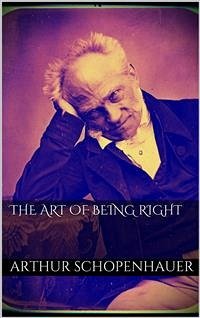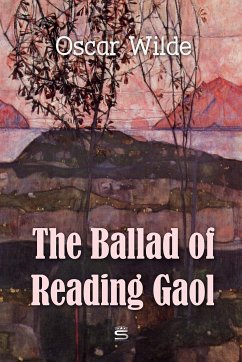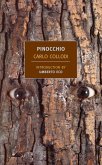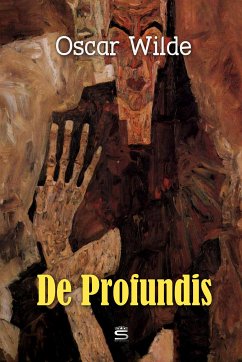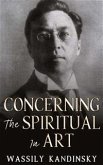Controversial Dialectic is the art of disputing, and of disputing in such a way as to hold one's own, whether one is in the right or the wrong — per fas et nefas. A man may be objectively in the right, and nevertheless in the eyes of bystanders, and sometimes in his own, he may come off worst. For example, I may advance a proof of some assertion, and my adversary may refute the proof, and thus appear to have refuted the assertion, for which there may, nevertheless, be other proofs. In this case, of course, my adversary and I change places: he comes off best, although, as a matter of fact, he is in the wrong.
Bitte wählen Sie Ihr Anliegen aus.
Rechnungen
Retourenschein anfordern
Bestellstatus
Storno

